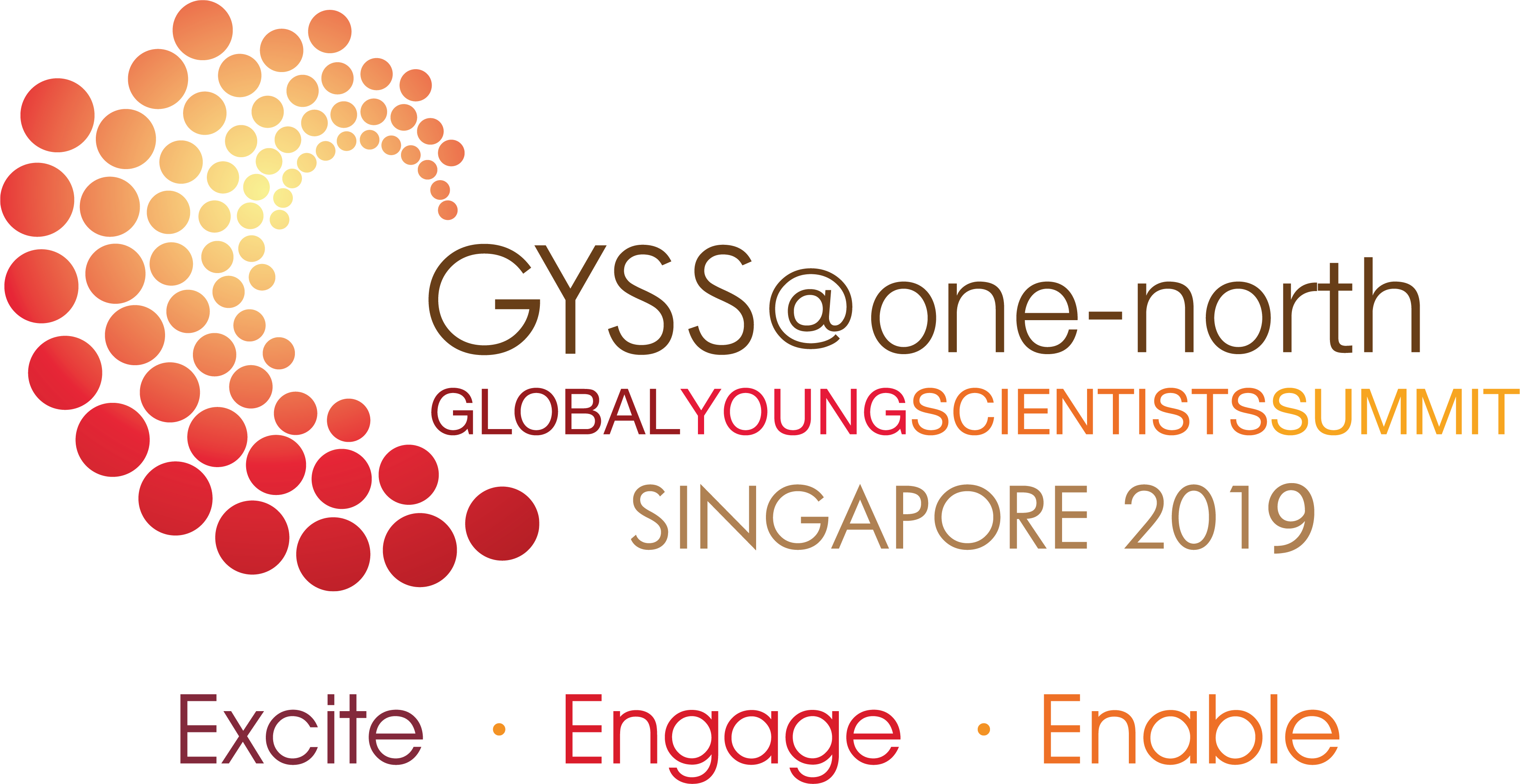Nobel Prize winner to address gathering at GYSS 2019
16 January 2019 | News
This year Sir Fraser Stoddart is one of 16 renowned scientists who will be delivering lectures at the event.

The Global Young Scientists Summit (2019) is an annual event, in its 7th year. Modeled off the Lindau meetings, the GYSS brings science luminaries together with leading PhD students from across the world to Singapore to participate in plenary sessions, panel discussions and small breakout sessions. This year the summit is being held from 20 to 25 January 2019.
The theme for GYSS 2019 is 'Advancing Science, Creating Technologies for a Better World'. Each year, about 230 international and local young scientists engage closely with peers and invited speakers, over a specially curated 5-day programme, to discuss key areas of science and research, technology innovation and society, and solutions to global challenges.
This year Sir Fraser Stoddart is one of 16 renowned scientists who will be delivering lectures at the event. He is one of the three scientists to be awarded the 2016 Nobel Prize in Chemistry for inventing microscopic components that could be used to build molecular machines.
In late 2017, Sir Fraser co-launched a line of skincare products that use miniscule organic cubes to deliver their ingredients into skin over time. His laboratory at Northwestern University in the United States had discovered that three common and inexpensive materials – a type of sugar called gamma-cyclodextrin that can be derived from corn starch, an alkali metal salt such as table salt, and alcohol – could be used to create a framework of linked, harmless and biodegradable nano-cubes.
Sir Fraser created a chemical compound which he called a molecular shuttle, each nano-cube has a cavity that is just two-nanometres-wide, a tiny fraction of the width of a human hair. Since the cubes’ walls dissolve upon contact with water, including the low levels of moisture in skin, they can be used to contain and deliver substances such as vitamins into skin at a steady rate.
Apart from skincare products, the organic nano-cube technology could also be applied to other sectors, such as pharmaceuticals and supplements. Sir Fraser and other scientists, for example, have been researching the cubes’ potential to deliver ibuprofen, a common painkiller, more effectively within the human body.












